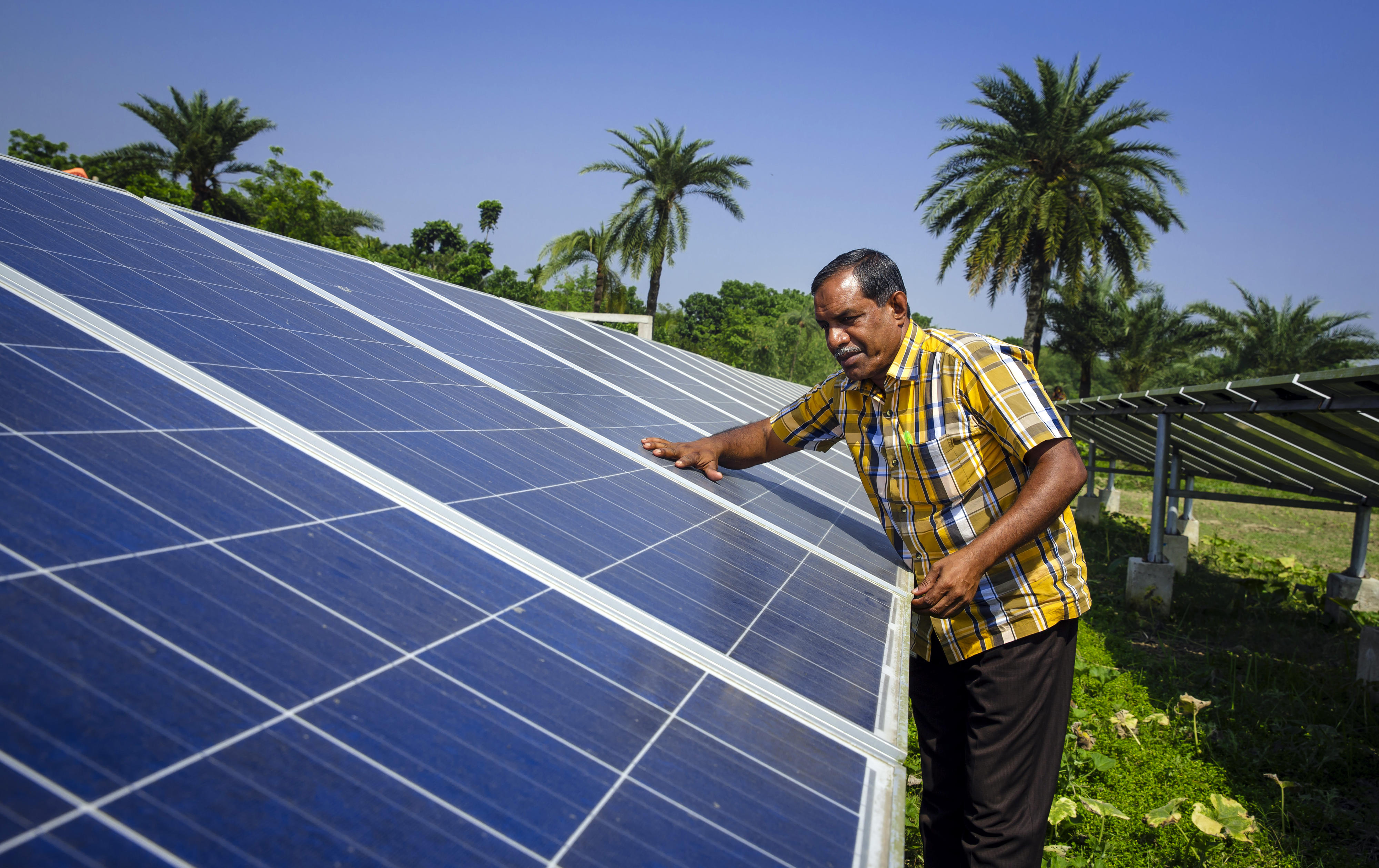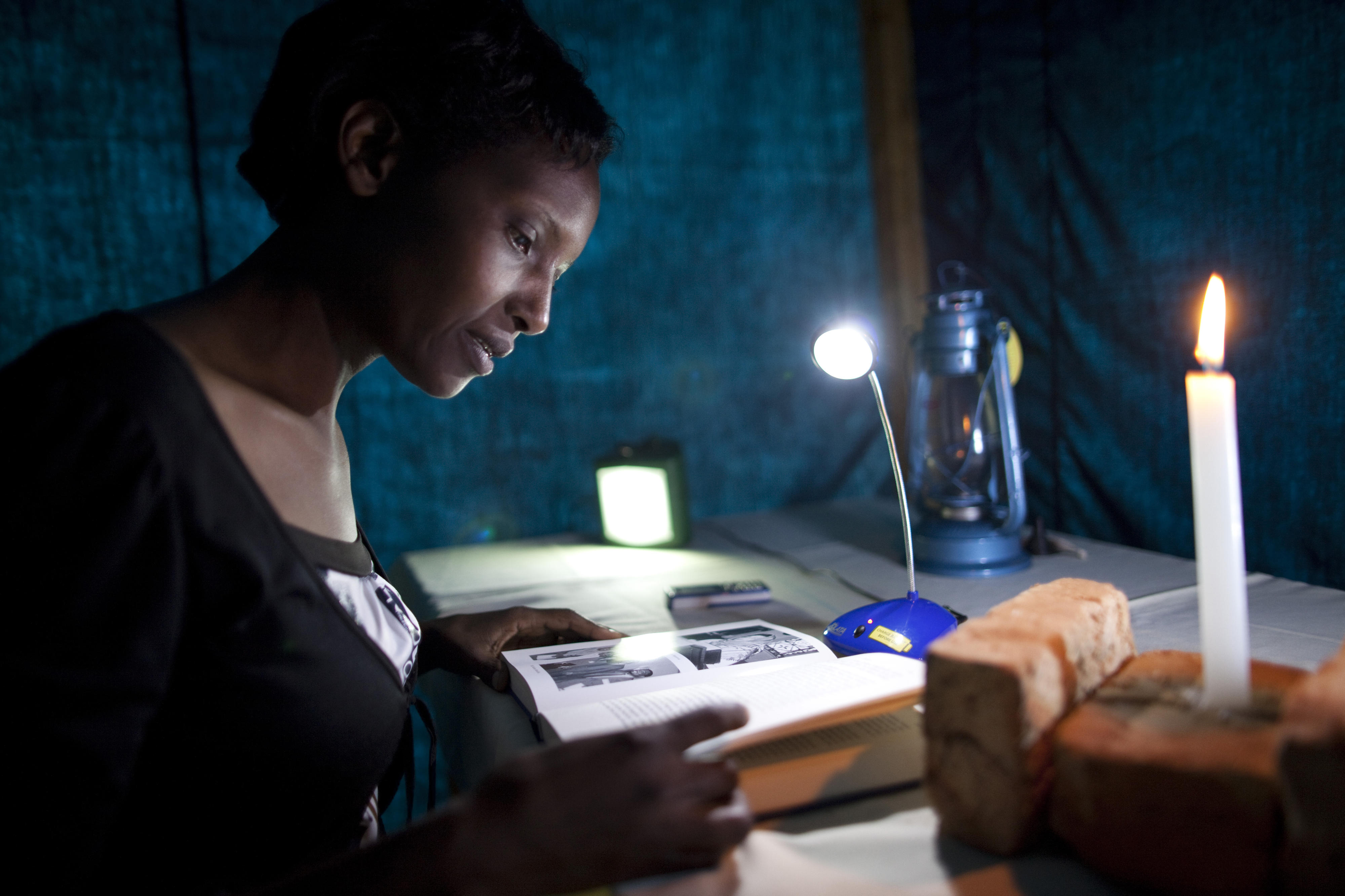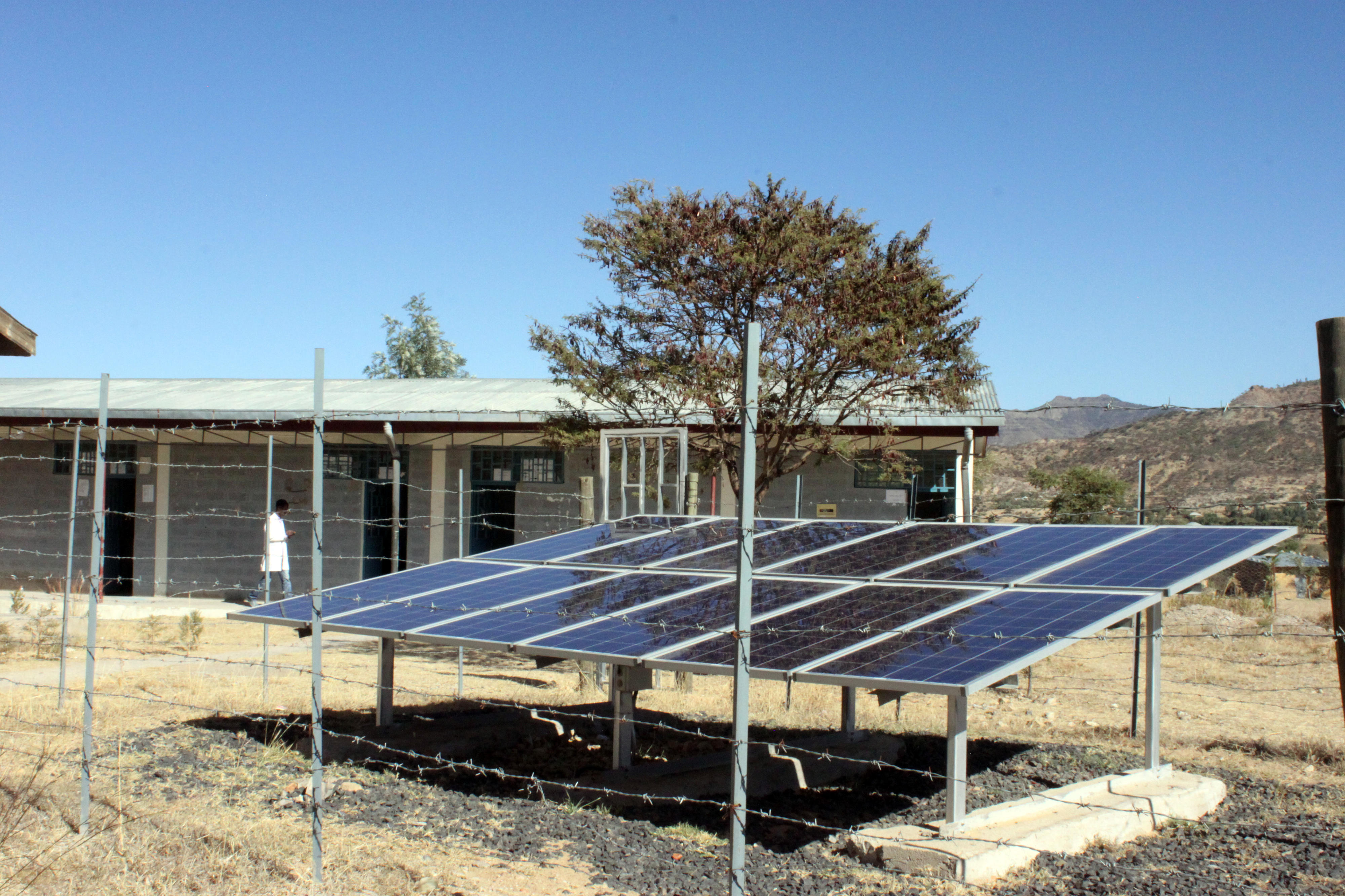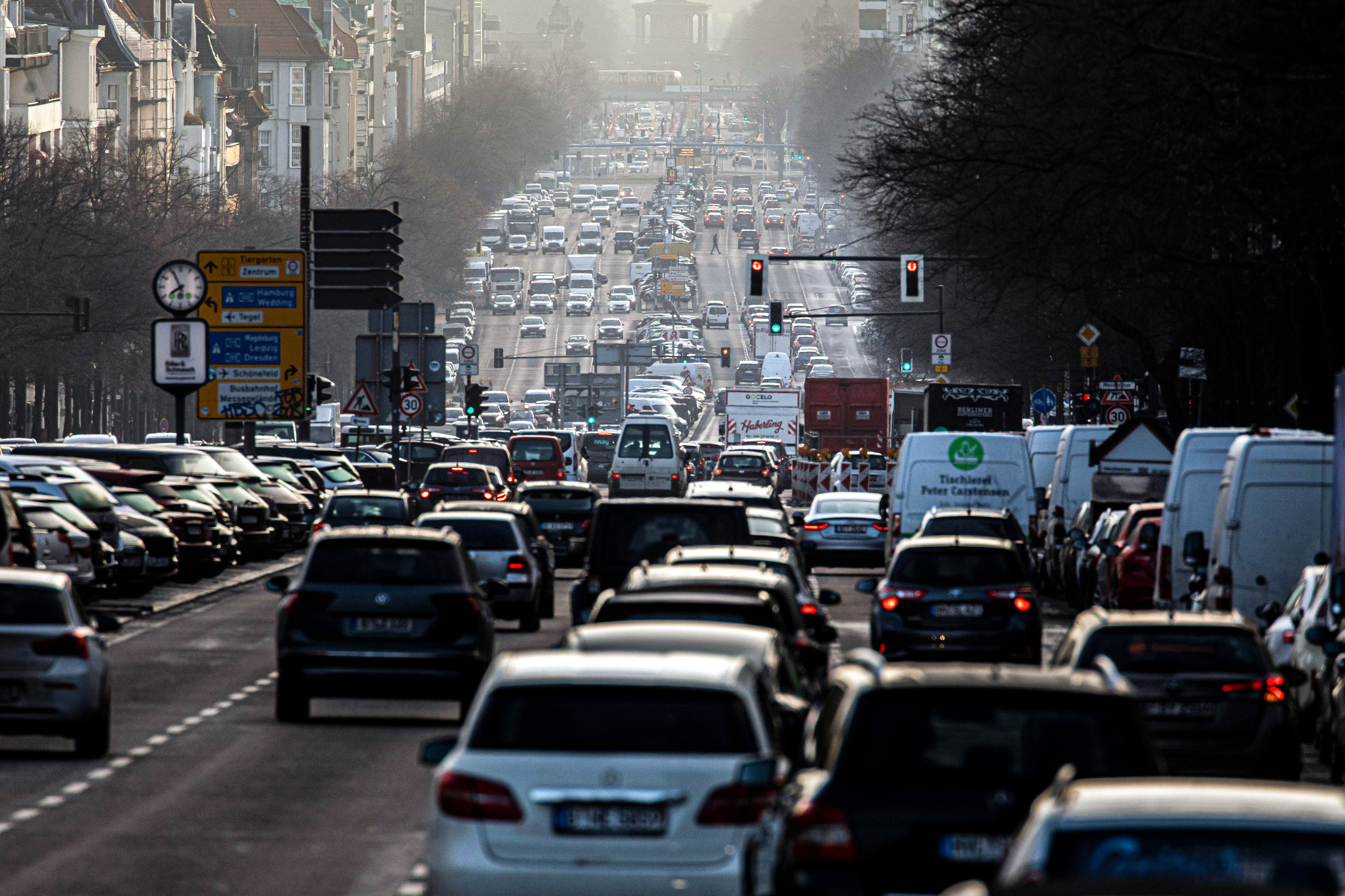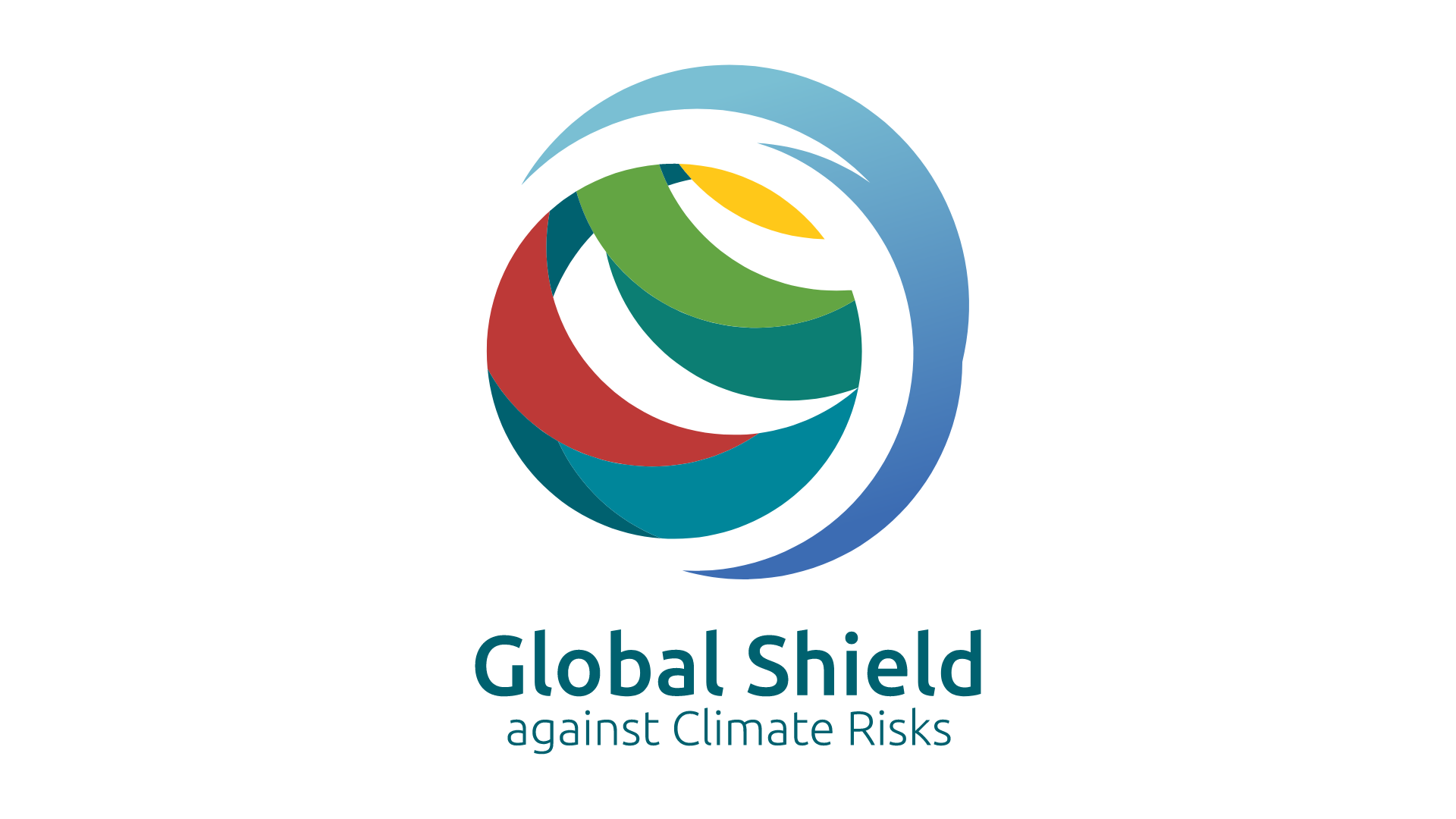Solar system powering a groundwater pump
Copyright© Thomas Trutschel/photothek.net
Core area “Climate and energy, just transition” Using energy more efficiently and expanding renewable energies
Renewable energy and energy efficiency
As industrial production in Bangladesh rises, the country's energy crisis is becoming more acute. Frequent power cuts and the over-stretched and out-dated infrastructure are holding back the country’s economic development. At the same time, however, Bangladesh has made a commitment under the Paris Agreement to curb its carbon emissions. To fulfil that commitment, Bangladesh intends to scale up the use of renewable energies and extend its power supply infrastructure accordingly. Germany is supporting Bangladesh in its efforts to reform the energy sector and, in particular, to expand the use of renewable energies.
One particular goal is to improve the energy supply in rural areas that are not yet connected to the national electricity grid. The BMZ is supporting, for example, domestic biogas installations, roof top solar power systems and solar-powered pumps for agricultural irrigation. Another development focus is investment in improving the electricity network and avoiding transmission losses.
As part of the global “Energising Development” (EnDev) programme, Germany is also supporting improvements in energy efficiency, for example by fostering the use of energy-efficient stoves. The stoves are being manufactured and marketed by local companies in Bangladesh. As a result of the programme, not only do more than 5.4 million people now have access to energy-efficient and healthy cooking techniques, but more than 2.7 million people have also gained access to electricity generated by solar power systems.
Climate and sustainable urban development
The 2000–2019 Global Climate Risk Index (External link) ranks Bangladesh seventh out of the countries that are most vulnerable to climate change. Some 30 per cent of the country’s surface area is likely be permanently flooded in the future because the sea level is rising by 3.3 millimetres a year and much of the country lies close to sea level. This also includes areas along rivers and in the Ganges-Brahmaputra Delta. In addition, the interplay between flooding and erosion is endangering agricultural and residential areas. This brings enormous socioeconomic challenges for the extremely densely populated country.
The number of people in Bangladesh who will be displaced by the consequences of climate change is predicted to rise to over 20 million by 2050. Most of the people who are displaced will move to cities where they are still exposed to the risks of climate change. Especially informal urban settlements (slums) are very much at risk of flooding and there is a lack of housing and supply infrastructure.
Against this backdrop, Germany is helping the Bangladesh government to take climate risks into greater account in its development and investment planning. The Bangladesh government is also receiving help to improve its capacity to coordinate climate change mitigation and adaptation measures and to apply for funding from international assistance programmes.
Bangladesh is one of the “pathfinder countries”, or first recipients of support packages as part of the Global Shield against Climate Risks initiated by Germany. In addition to that, a Climate and Development Partnership is being planned with Bangladesh, which will centre around adaption, mitigation and energy.
Through German Financial Cooperation funding, selected towns and cities are being supported in their efforts to prepare for climate change, and offer the people who live there decent economic and social prospects. These towns and cities are receiving help with the construction of secure trunk roads, for example, so that public facilities such as hospitals and schools can still be reached during floods or storms. In addition, Germany is investing in the paving of roads in urban slum areas and in improved drinking water supply and sewage disposal systems.
As at: 14/02/2023
